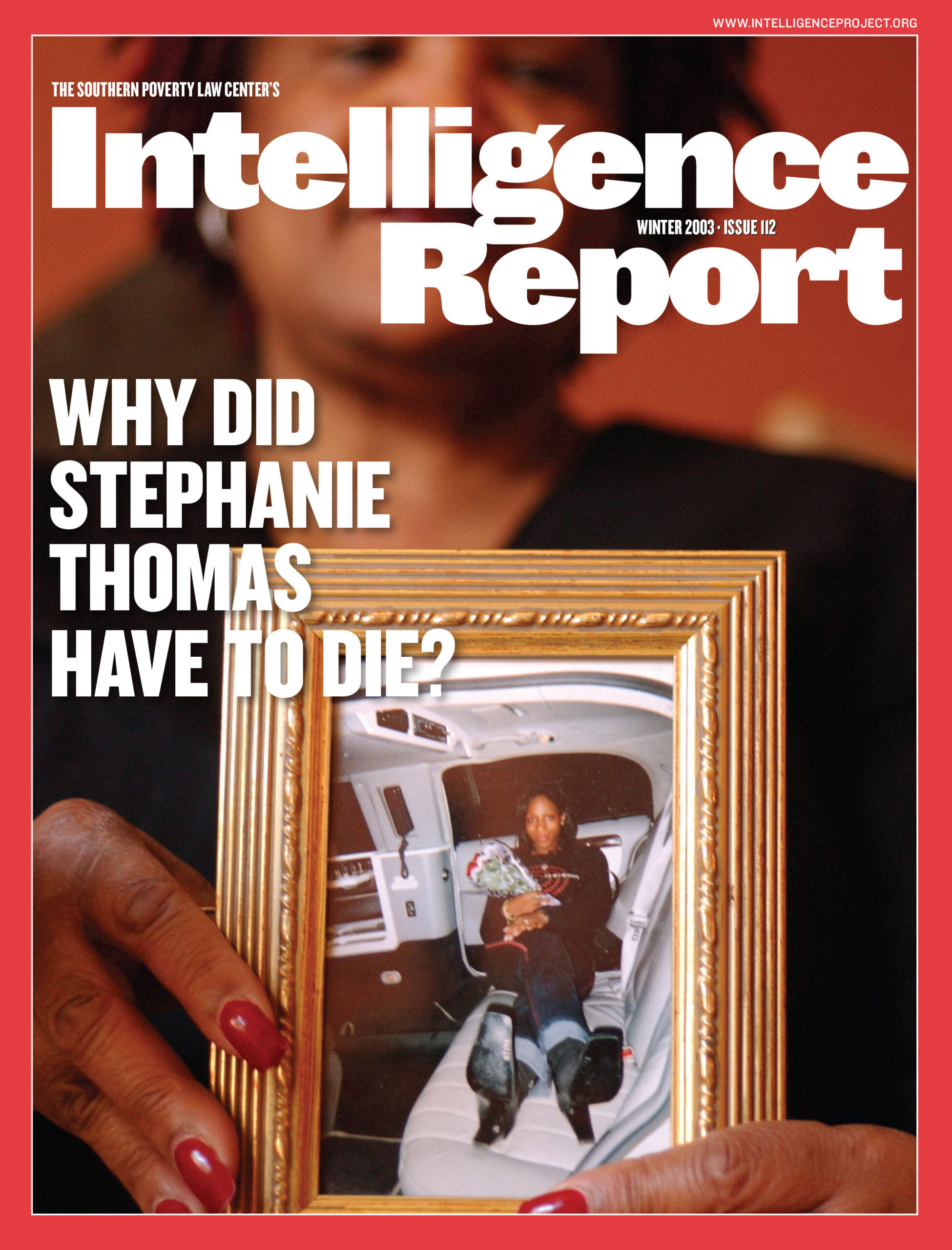After criticizing a movie for ‘whitewashing the Confederacy,’ Museum of Mobile (Ala.) director George Ewert encounters protests and the threat of losing his job.
A Mobile, Ala., museum director and historian ran into a hornet’s nest of criticism — from his city bosses and from hard-line neo-Confederates — after writing an essay that criticized a recent film for “whitewashing the Confederacy.”
But then the entire matter exploded in the city’s face.
George Ewert, director of the Museum of Mobile and a city employee, wrote a review of the Civil War film “Gods and Generals” for the Summer 2003 issue of the Intelligence Report. In it, Ewert suggested that the movie was “part of a growing movement that seeks to rewrite the history of the American South, downplaying slavery and the economic system that it sustained.”
The review enraged neo-Confederate activists who have been pressuring Mobile officials to promote their views of the Civil War for years.
Led by local veterinarian Ben George, the activists launched an E-mail campaign demanding that Mayor Mike Dow and the city council fire Ewert for being a “cultural bigot.” Dow had earlier bowed to neo-Confederate activists’ demands that Ewert’s museum displays — which are widely lauded by Southern historians — be reviewed for their content.
(Ironically, that followed attacks on Dow by George, who has attended meetings of the white supremacist Council of Conservative Citizens and who once distributed cards depicting Dow as the child of Fidel Castro.)
The matter went public on Oct. 7, when City Council President Reggie Copeland demanded that the mayor force Ewert to apologize, adding that he would accept “nothing less than a public apology” and that he was “very displeased” with Ewert. Copeland later admitted that he had not yet read Ewert’s review.
Dow called Ewert in that same day, at first suggesting that he could be fired if he continued to write similar pieces. Dow asked Ewert to write a letter of apology and, several days later, also asked him to submit any future essays to him and the head of the museum board before publication.
But by then, historians around the country had heard about the flap. In the next days, more than 125 e-mails were sent to Dow and the council, most of them supporting Ewert and defending his take on the movie as very much within the scholarly mainstream.
The capper came when Jim Petty, a Mississippi collector who said he had earlier decided to locate a major slavery artifacts museum in Mobile at Ewert’s urging, told Dow that the whole affair, along with what he considered other slights from Mobile officials, had caused him to change his mind.
Ewert was called back into the mayor’s office. This time, however, Mayor Dow asked him to help officials come up with a proposal that might convince Jim Petty to change his mind.



